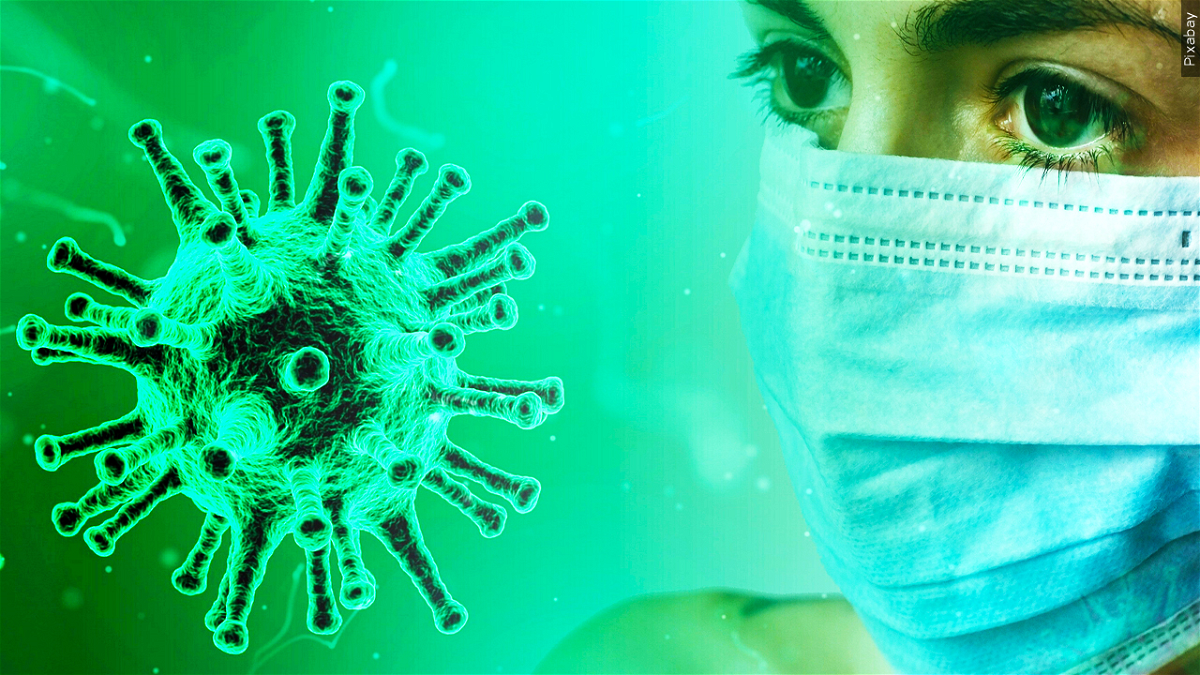New assessment on the origins of Covid-19 adds to the confusion

(CNN) -- "We want to know what led to this, so we can hopefully try and prevent something similar from happening in the future."
Those words, from Dr. David Relman, an infectious disease expert and microbiologist at Stanford University, reflected the national conversation around the origins of Covid-19 in 2021.
Did it come from a lab? Was it a zoonotic transfer? Something else? Surely, with time, an answer would become clear.
But now, three years removed from the start of a pandemic that is still disrupting daily life, an assessment from the US Energy Department is only adding to the confusion about what really happened in Wuhan, China, in late 2019.
The department has assessed that the Covid-19 pandemic most likely emerged from a laboratory leak in China, according to a newly updated classified intelligence report first reported by The Wall Street Journal on Sunday.
Yet two sources said that the department assessed in the intelligence report that it had "low confidence" that the coronavirus accidentally escaped from a lab in Wuhan, CNN's Jeremy Herb and Natasha Bertrand reported.
Intelligence agencies can make assessments with either low, medium or high confidence; and a low confidence assessment generally means that the information obtained is not reliable enough or is too fragmented to make a more definitive analytic judgment or that there is not enough information available to draw a more robust conclusion.
National security adviser Jake Sullivan acknowledged on CNN's "State of the Union" on Sunday that the intelligence community is divided on the matter, while noting that President Joe Biden has put resources into getting to the bottom of the origin question.
The intelligence community has been split on the matter for years.
- In 2021, the intelligence community declassified a report that showed four agencies in the intelligence community had assessed with low confidence that the virus likely jumped from animals to humans naturally in the wild.
- One assessed with moderate confidence that the pandemic was the result of a laboratory accident.
- Three other intelligence community elements were unable to coalesce around either explanation without additional information, the community's report said.
Lab leak theory gains traction
For the better part of 2020, advocates of the lab leak theory had to fight against claims they were being xenophobic or racist — in part thanks to anti-Chinese rhetoric from then-President Donald Trump, who embraced the theory.
An inquiry launched by Trump's State Department, which sought to investigate whether China's biological weapons program could have had a greater role in the pandemic's origin in Wuhan, was shut down early on in the Biden administration.
A letter from public health experts published in February 2020 in The Lancet, an influential scientific journal, also set the tone early by declaring the virus to have a natural origin.
But the lab leak theory has gained more traction with time, especially following reports that the intelligence community found evidence that researchers at the Wuhan Institute of Virology fell seriously ill with a mysterious virus in November 2019 -- although it's not clear whether they contracted Covid-19 and no further evidence has emerged to corroborate that report.
By July 2021, senior Biden administration officials overseeing an intelligence review into the origins believed that the lab leak theory was at least as credible as the possibility that the virus emerged naturally in the wild -- a dramatic shift from a year earlier, when Democrats publicly downplayed such an idea.
'Not a definitive answer'
The latest intelligence assessment was provided to Congress as Republicans on Capitol Hill have been pushing for further investigation into the theory, while accusing the Biden administration of playing down its possibility.
House Foreign Affairs Chairman Michael McCaul said Sunday he was "pleased" the Energy Department "has finally reached the same conclusion that I had already come to." (The Texas Republican had released a 2021 report that concluded that "the preponderance of the evidence" showed the pandemic originated with a leak from the Wuhan lab.)
"Now is the time for the entire Biden administration to join the Department of Energy, the Federal Bureau of Investigation, and the majority of Americans by publicly concluding what common sense told us at the start -- the COVID-19 pandemic originated from a lab leak in Wuhan, China," McCaul said in a statement.
Sullivan said Sunday that Biden had directed the national laboratories, which are part of the Department of Energy, to be brought into the assessment.
"Right now, there is not a definitive answer that has emerged from the intelligence community on this question," Sullivan told CNN's Dana Bash.
"Some elements of the intelligence community have reached conclusions on one side, some on the other. A number of them have said they just don't have enough information to be sure."
So where does that leave us? Not far from where we started.
Past pandemics have emerged from natural transmission through animals, and it often takes months or years to discover the host that the virus passed through as it adapted to infect humans.
In some cases, as in Ebola, the original natural source has never been identified. And it's been more than 40 years since the first cases of Ebola.
So why does it matter where Covid-19 came from? As Relman, the Stanford microbiologist, previously noted to CNN, finding the answer can help prevent the next pandemic.